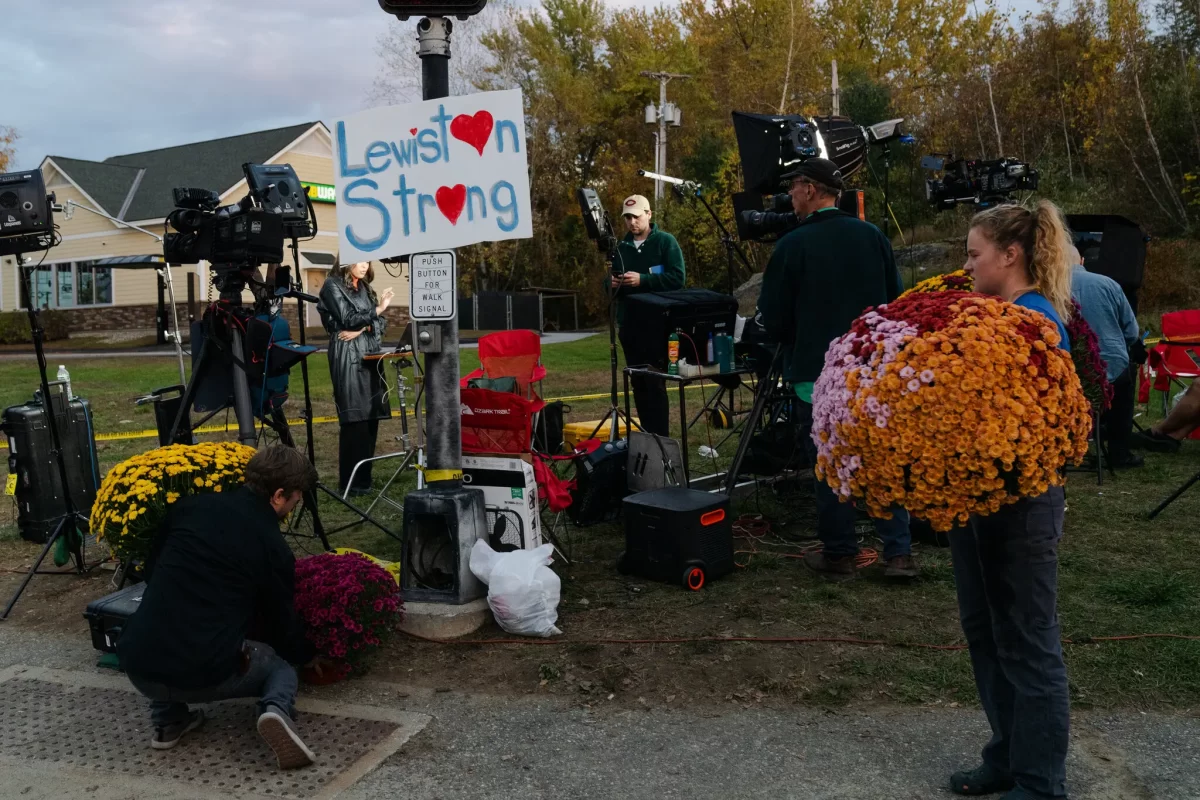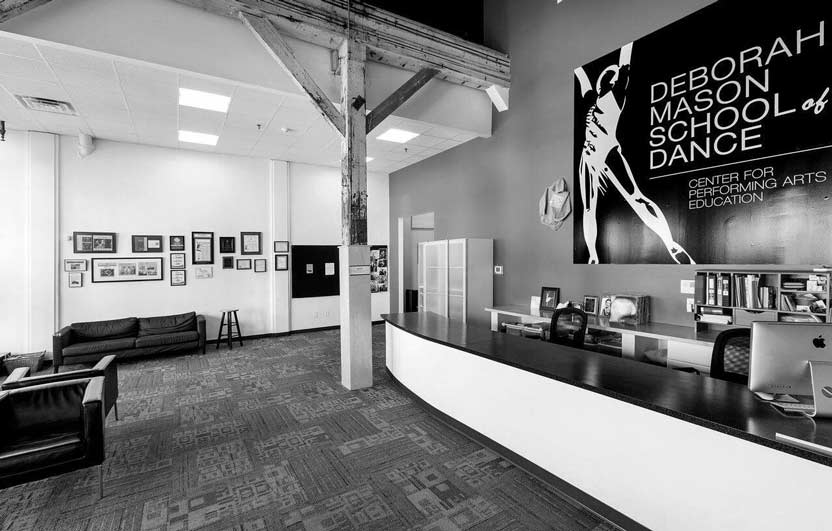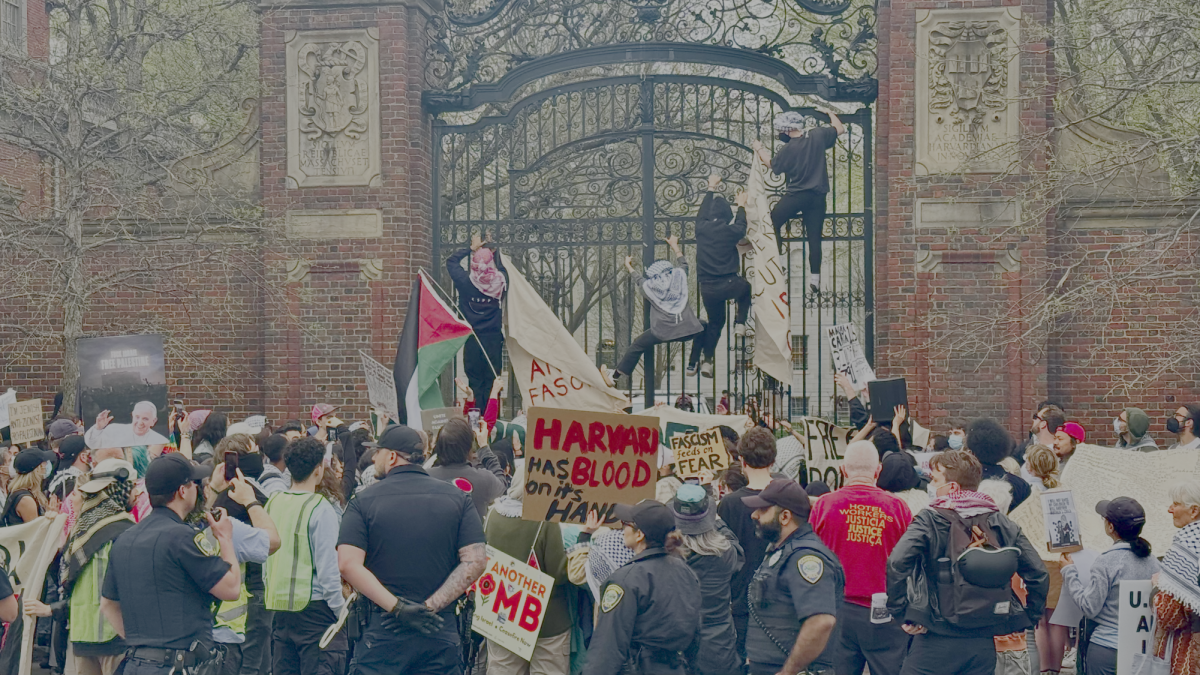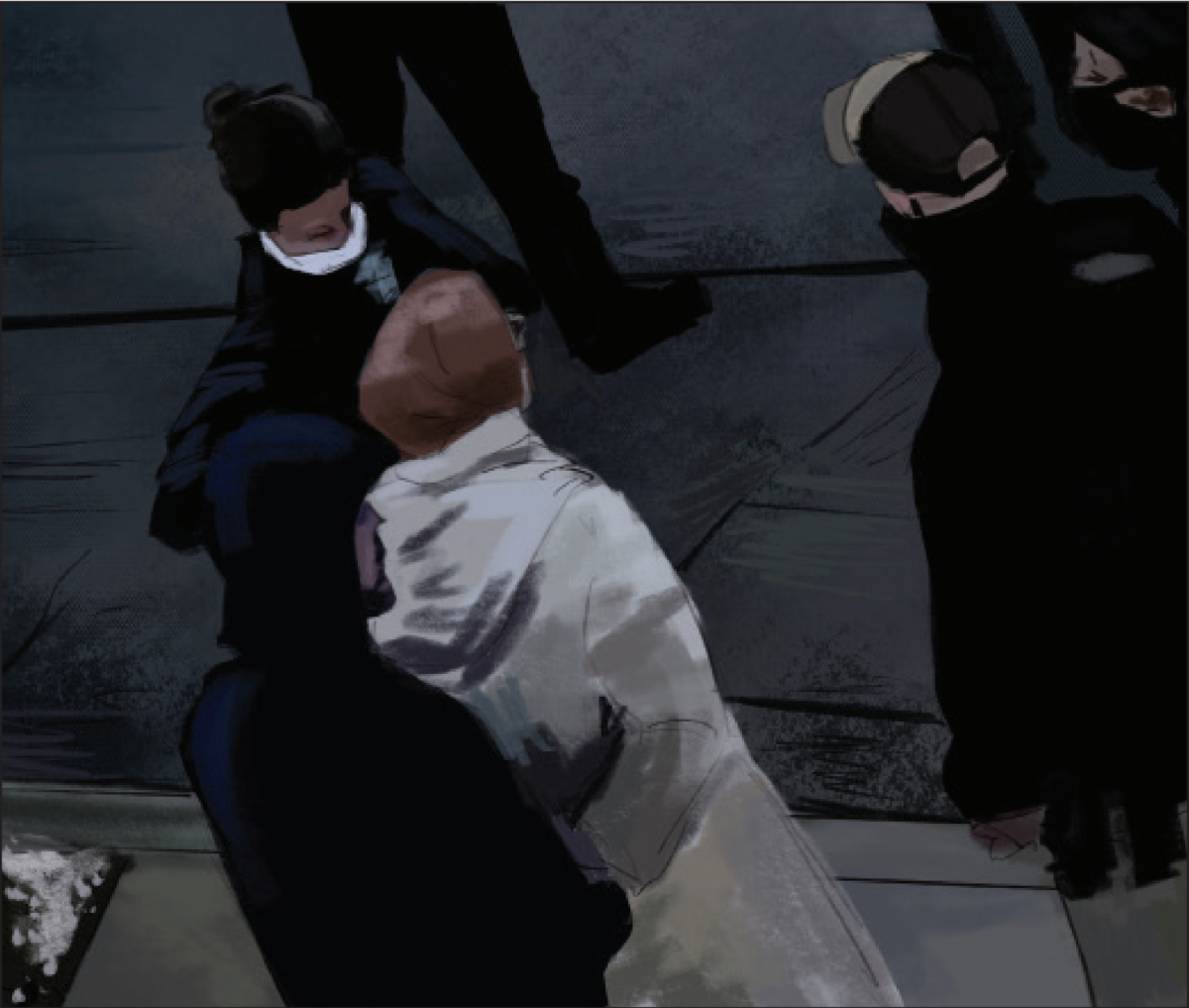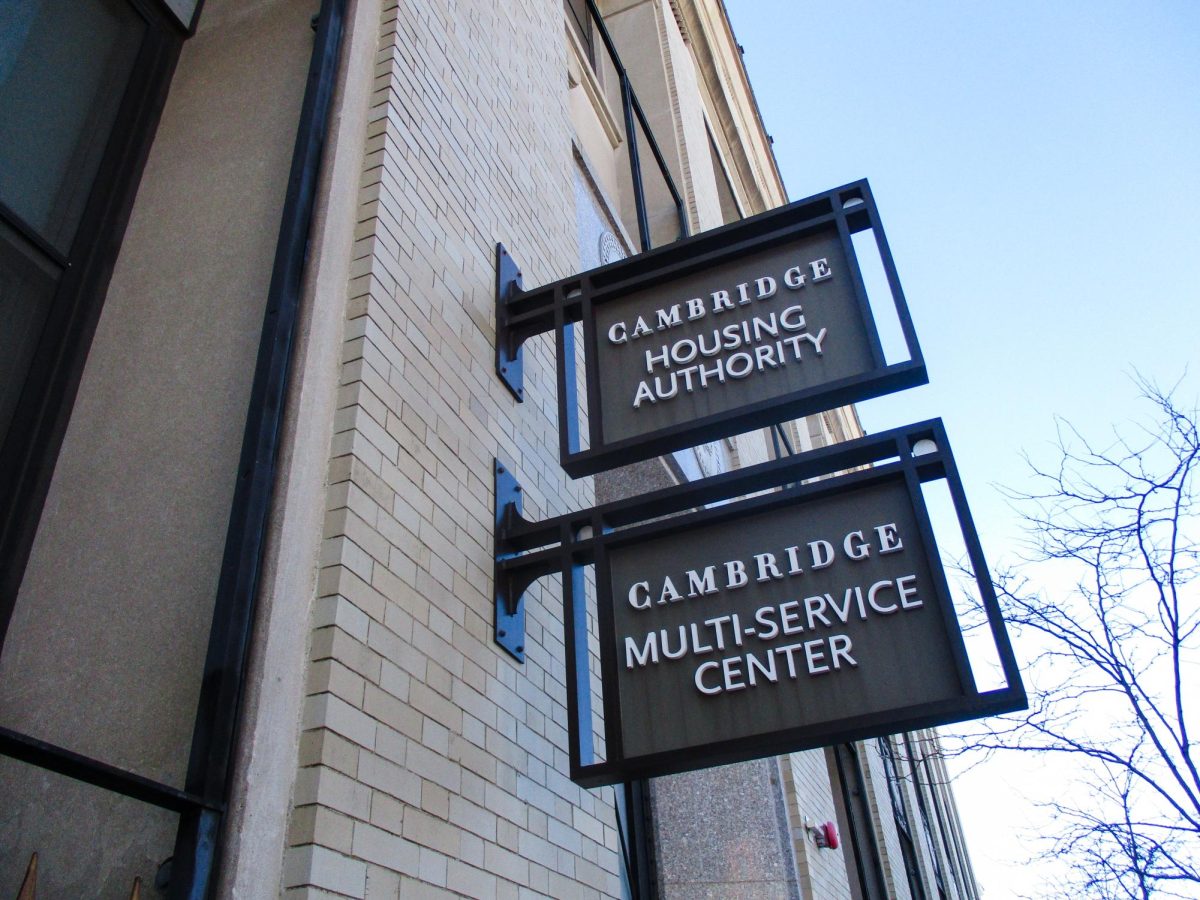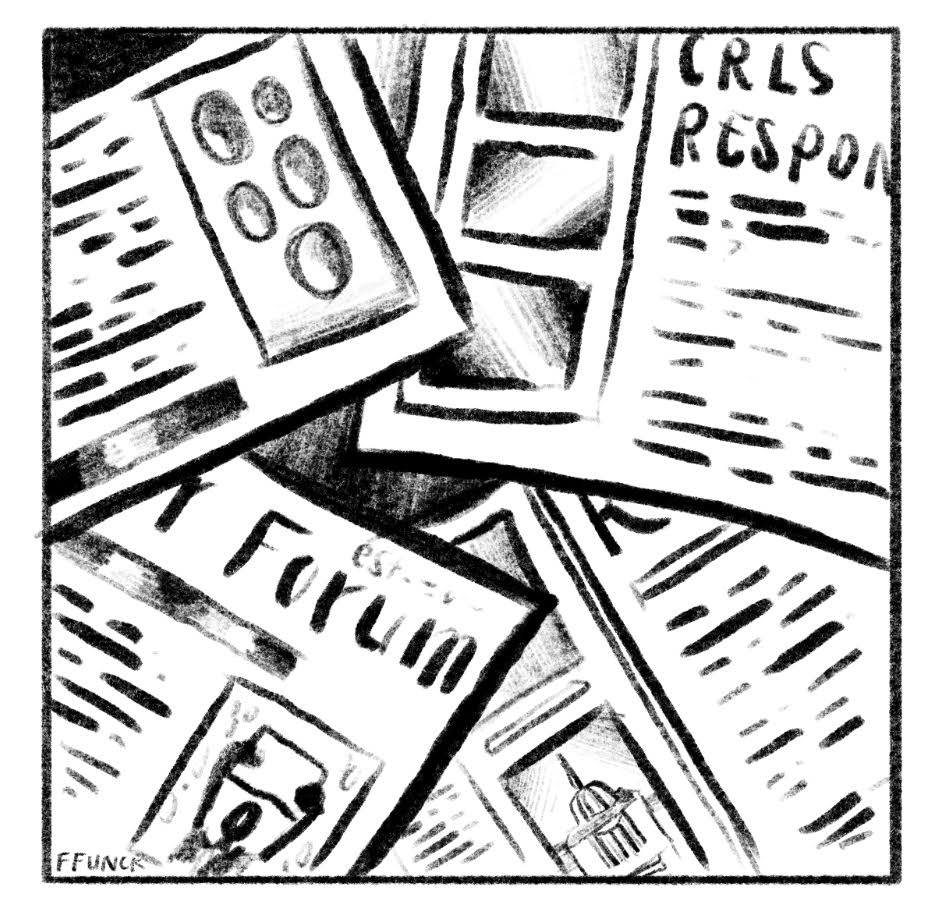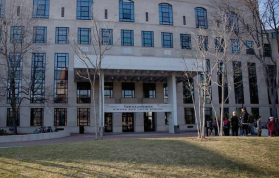On the night of October 25th, Lewiston, Maine, became the site of the state’s deadliest shooting to date. Armed with an AR-10 rifle, the gunman claimed the lives of eighteen victims, ranging from age fourteen to seventy-six. In the early evening, a shooter was reported at Lewiston’s local Sparetime Recreation Bowling Alley, which was hosting a regular youth league event. Within minutes, Lewiston first responders were at the scene, where several casualties were left in the gunman’s wake. Mere minutes later, the shooter’s rampage continued at a respected neighborhood bar, Schemenengee’s. Soon following the massacre, the suspect, Robert Card, was identified by the district police department. Images of him, captured by a security camera and with his firearm in grasp, were hastily released to the general public via social media. A multi-state manhunt took effect until October 27th, two days following the shooting.
Card was found dead with a self-inflicted wound in a parking lot of the neighboring city, Lisbon. The incident left the atrocious weight of trauma and gun violence on the once-flourishing community of Lewiston.
With the Northeastern region left in sorrow, families and friends of victims grieved the loss of community members, demanding answers. Proceeding the knowledge of the shooter’s suicide, victim Tammy Asselin told PBS News, “I am relieved […] but saddened at a lost opportunity to learn as much as we can.” Asselin and her ten-year-old daughter were enjoying a bowling night at Sparetime Recreation Bowling Alley when Card began his frenzy. Luckily, the two emerged relatively unscathed, only sustaining a few minor injuries.
As the number of details known to the public surrounding the tragedy increases, questions surface about the mental well-being of Robert Card and the legality of his possession of firearms. Card, who was once enrolled in the US Army Reserve, had spent time in a mental hospital just this previous summer, a family member even going as far as to say that “[Card was a] schizophrenic.” Before the shootings, Card had left a suicide note at his home addressed to his son, though the contents of these final words have not been shared with the public.
Lewiston’s dated, almost vintage, aura mixed with the town’s vast asphalt roads and Walmart superstores completes the often overlooked charm of the southeast Maine community. Home to generations of blue-collar families, the once-thriving textile industry attracted workers following the devastation of World War I. As time passed and modern manufacturing became internationally outsourced, new demographics of residents began to move in. Through efforts by the US Government in resettling Somalian refugees, Lewiston became home to thousands of Somalian immigrants.
The region’s historical roots do not falter there: Lewiston houses Bates’ College, a reputable liberal arts school. Established in 1855, the institution continues to provide a youthful edge to the populace. Former Lewiston citizen Jennifer Mathieu told The Register Forum, “The community within Lewiston is incredibly moving; the unity amongst all ages shapes the town.”
Despite this tragedy, Lewiston bands together. The town is painted in boldly written “Lewiston Strong” signs and artwork, showing that the community has come together to mourn the dead and support the grieving.
This article also appeared in our November 2023 print edition.

